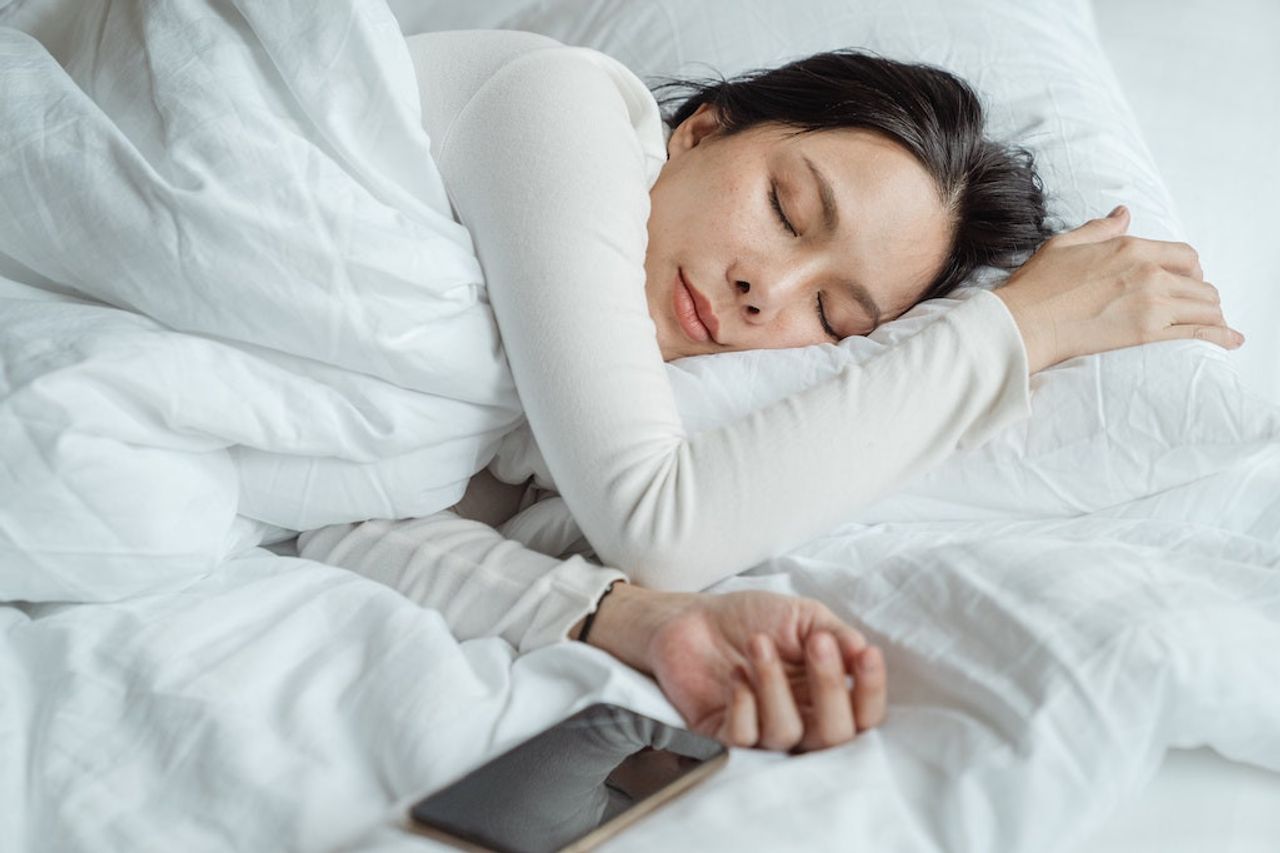Followed – Suzanne Hassan
There are many health risks and damage that sleep can cause to your body after eating a heavy meal day or night, so what are the most important damages of sleeping after eating?
Disadvantages of sleeping after eating:
If you have eaten a meal and then go to bed directly to sleep without any time interval, this could cause you a lot of damage, here are the most important damages of sleeping after eating:
1. Heartburn:
Although lying down to sleep immediately after eating may seem tempting, we assure you that it is not without risks, especially the onset of heartburn.
While your body is trying to rest, your digestive system doesn’t have that kind of luxury and has to keep working.
With the activity of the stomach and the secretion of acids contained in it to aid digestion, the lying position can cause these acids to rise from the stomach to the esophagus and in some cases even to the throat, and this can cause a feeling of bitterness in the mouth accompanied by many burps and can make night sleep difficult, for example.
2. Gastroesophageal reflux disease:
Gastroesophageal reflux disease is caused by a failure to close the valve between the stomach and the esophagus, which can cause acid to rise in the throat and this causes a burning sensation.
Lying down and sleeping after eating can trigger this condition, a condition that, if not addressed and treated immediately, can cause damage to the mucous membranes lining the throat, which in turn can cause other serious complications, and therefore damage to sleep after having ate lies right away.
3. Sleep problems and disturbances:
Trying to sleep after eating may not give your body the rest it needs, on the contrary, it can cause bloating, gas and stomach pain, which will cause you to sway a lot as you try to sleep.
This is most evident and evident when eating meals rich in fats and oils, especially before bedtime.
4. Thrombosis:
Studies have shown that sleeping right after eating can increase your chances of a stroke and that waiting some time after finishing a meal before bed can reduce your chances of a stroke. happening here:
Some say sleeping after eating can increase your chances of developing sleep apnea, a condition researchers link to strokes with clots.
5. Weight gain:
The reason here is simply that you don’t have the ability to burn even a fraction of the calories after eating, which applies to both day and night meals.
But it is worth noting here that this particular point is one of the points of contention regarding the harms of sleeping after eating, as some researchers point out that eating before bed in the evening is what can gain weight and that this does not apply. at daytime meals.
How long do you have to wait between a meal and bedtime?
After consuming a meal, it is preferable to wait about 2-4 hours before bedtime, as this gives the body sufficient time to digest the food and burn some of it, reducing the pressure on the digestive system that can arise due to lying down. and the digestion process is still going on in its most important stages.
You are finally well, healthy and at peace.
–


